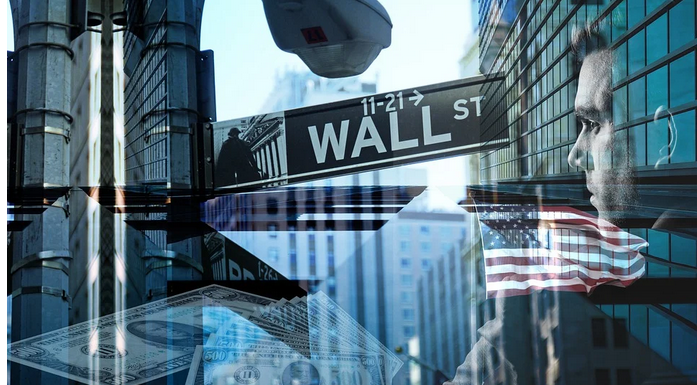Shares on US Wall Street climbed higher Wednesday as signs pointed to some thawing in the trade tension between China and the U.S. Clues from high-profile officials suggested possible easing of tariffs placed on both countries which Wall Street investors welcomed with open arms.
US & China Leave Door Open to Tariff Changes
Ratification of a large consensus between the US and China on trade improved following comments from a US Treasury Secretary Scott Bessent. Speaking to an audience in Washington D.C., Mr. Bessent said the US was open to talking with China. He hinted that a “great deal opportunity” existed, which appeared to signal a cooperative road towards some shunning of bilateral economic activities not being as positive as previously anticipated possibly between the US and China. The public comments followed earlier reports of Mr. Bessent’s remarks at a private gathering and reiterated a consistent mantra about possible tariffs resolution between the US and China. Market response on Wall Street also seems to be guided by the prospects for changes in the currently enacted US tariff and China tariff regimes.
US Wall Street Indices Trend Higher
An upbeat view towards US-China trade relations regarding tariffs, spurred a sharp rise in all major indices on Wall Street. At the end of the trading session in Wall Street, the Dow Jones Industrial Average climbed 419 points, up 1.0%. Likewise, the S&P 500 index gained 1.6%, showing similar uptrend on Wall Street. The tech-heavy Nasdaq Composite index rose 2.5 per cent on Wall Street, enjoying the optimism on a potential reduction in US tariffs as well as China tariffs. This market response illustrates how Wall Street closely reacts to US-China tariff policy development.
US Tesla Shares Rise After Executives Shift Attention From Capital Raising
Tesla, the electric vehicle giant, saw its share price rise 5% in trading on Wall Street. The push comes as the company’s Chief Executive Officer, Elon Musk, said in a tweet that he expected to devote less time to the Department of Government Efficiency next month. The apparent reversion of Mr. Musk’s focus back to his Tesla obligations imply a possible reallocation of his attentional resources, which Wall Street investors seem to have taken favorably. Still, the recent rebound hasn’t stopped Tesla shares from slumping significantly from a high point in December, showing just how complex the interplay of factors driving individual stock prices on Wall Street could be — it extends well past US-China tariffs. Wall Street continues to be interested in how US tariffs and China tariffs affect a host of industries, including the auto industry.
Wider Advances for Major Tech Companies on the US Wall Street
Technology giants known collectively as the “Magnificent Seven,” a group that has done much of the heavy lifting for the S&P 500 in recent years, were buoyed by the favorable trend on Wall Street as well. Meta Platforms, the parent of Facebook gained 4% on Wall Street. Meanwhile, semiconductor maker Nvidia climbed 3% higher on Wall Street. The broad market gains imply a positive view across Wall Street and could be due to an easing of competitive rhetoric over US tariffs and China tariffs, which would be good news for these global technology players. The tension in the global economic system for Chinese New Year means US tariff and China tariff policies will be felt along different sectors of Wall Street.
Other Key Insights
So the US had already imposed something like 145% a couple of weeks earlier in April 2025 on Chinese products. In return, China decided to place tariffs of 125% on US imports. Such tit-for-tat measures had fueled a bilateral trade tension flare-up between the US and China. But in recent days, signals out of the White House glimmered that a softer approach of US tariffs and China tariffs was beginning to emerge. President Donald Trump claimed the 145% tariff level was “very high,” confirming talk of a “very large reduction” in U.S. tariffs but also stressed U.S. tariffs would not go away entirely after talks to reporters. Investors on Wall Street are still looking closely at the ramifications of US tariff and China tariff policies. The repetitive cycles of tariff impositions and retaliations on US goods by China highlight the nerves of Wall Street on trade. Wall Street tends to react positively to any sign of US tariff easing or China tariff easing. The interplay of US tariffs, China tariffs and Wall Street companies continues to be a major point of emphasis for market participants.






